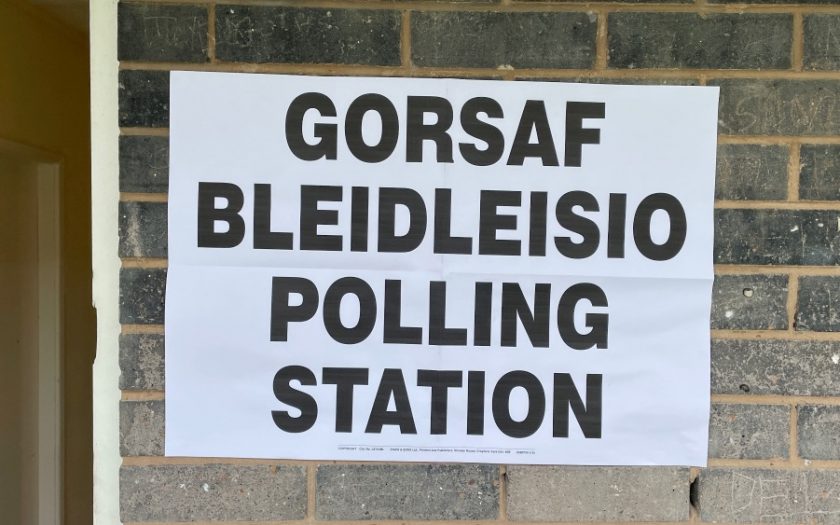Warning changes to Senedd’s electoral system could disenfranchise voters

Plans to change the Senedd’s electoral system are dangerous and risk further disaffecting voters, according to the architects of the original proposals.
Alan Renwick, a political science professor at University College London, made the comments as MSs took evidence on the Senedd Cymru (Members and Elections) bill.
Prof Renwick – a member of the expert panel on electoral reform, which produced a report in 2017 – warned that the proposed voting system would be a retrograde step.
Under the bill, future Senedd elections would use a “closed-list” system which would see the electorate voting for parties rather than people.
Prof Renwick told the Senedd’s reform committee: “It just seems to me very, very clear that to remove that ability from voters to vote for individual candidates would create a significant danger of increasing public disaffection with the system
“When we are talking about a reform to increase the number of politicians, the suggestion that you also change the voting system to give voters less power to determine who the politicians filling those seats are, seems to me really dangerous.
“And I just would urge the committee and the Senedd as a whole to think very seriously about whether it really wants to go down that path.”
Disillusionment
The expert panel, chaired by Laura McAllister, recommended the single transferable vote or a flexible list system to give voters more choice on candidates.
Prof Renwick raised concerns about the move to a closed-list system amid public disillusionment and the perception that politicians are out of touch.
“We have abundant evidence from various sources that removing from voters the opportunity, to choose an individual person on the ballot paper would further enhance that dissatisfaction,” he said.
“I did a big study a few years ago on voting systems across all European countries and there has been a very clear trend over recent decades towards giving voters greater choice at the level of individual candidates, precisely to respond to that concern.”
He told the meeting on Thursday October 26 that surveys show people value accountability and the principle of being able to “throw the rascals out”.
Prof McAllister agreed with her colleague, saying the expert panel rejected a closed-list system early in its deliberations.
“It gives too much power to the party,” she said. “And not enough power to the elector.
“It weakens voter autonomy and voter choice which I think is a dangerous precedent in the current climate – it doesn’t allow for any direct line of accountability….
“When people are aware that they won’t be able to choose a specific candidate – that that will be chosen for them – I think that could cause some real issues in terms of public support for any change.”
Last month, David Blunkett, the former Labour home secretary, raised similar concerns about the new Senedd voting system.
He warned the proposals break the link between constituents and representatives.
“But it does so much more,” he said. “It embeds the power of party leaders to determine who gets a preferred position on the list put to the electorate, cutting out the local party membership from the internal democratic process.”
Powers
Prof Renwick also raised concerns about powers in the bill to allow the Welsh Government to increase the number of ministers to 19.
He said: “It just seems to me a really fundamental point that it shouldn’t be for ministers to decide an increase in the number of ministers.
“That ought to be a decision that is made by the Senedd as a whole through full scrutiny – that is a point in the bill that I have a clear concern about.”
The expert panel recommended increasing the size of the Senedd to 80-90 members but the bill allows for 96 politicians.
Prof McAllister said: “That probably gives an added security to future proofing the size of the Senedd because nothing would be more problematic than to increase the size once then having to go back and increase the size again.”
She told MSs it is a fine balance between costs, benefits and public opinion, saying the panel found there would be less return for the costs beyond 90 members.
By Chris Haines – ICNN Senedd Reporter
Spotted something? Got a story? Email [email protected]












